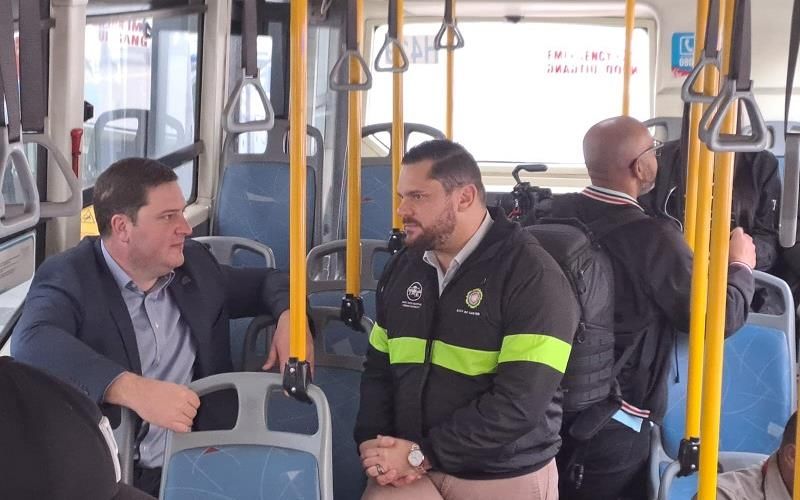There has been a growing amount of confusion regarding the legality of taxi impoundments in Cape Town. This article aims to clarify the City’s stance on the matter and address any misconceptions.
Compliance with the National Land Transport Act
Contrary to recent claims by the National Transport Minister, all taxi impoundments in Cape Town are carried out in compliance with the National Land Transport Act (NLTA). The City of Cape Town vehemently denies any accusations of impounding taxis under their own by-laws.
Prioritizing Commuter Safety
As a progressive and law-abiding city, Cape Town has always prioritized the safety and well-being of its commuters. The City administration is committed to enforcing national laws without any exceptions. By adhering strictly to the provisions of the NLTA, Cape Town has demonstrated its unwavering commitment to upholding the rule of law and maintaining a safe environment for its residents.
Mayor’s Firm Stance
Mayor Geordin Hill-Lewis has emphasized the City’s stance on the matter, stating that Cape Town will not compromise on commuter safety or entertain any unlawful actions. He urges the South African National Taxi Council (SANTACO) to resolve the ongoing dispute through peaceful negotiations, rather than resorting to violence as a means of coercion.
Traffic By-Law Amendment
The City’s Traffic By-Law has been recently amended to include the impoundment of private vehicles for severe offenses, ensuring all vehicle owners are held accountable for their actions on the road. Public vehicles, such as taxis, continue to be regulated under the NLTA.
National Law vs. City Legislation
Alderman JP Smith, the Mayoral Committee Member for Safety and Security, has clarified that the NLTA was enacted by the national government to regulate public transport and is not City legislation. The Minister’s demand to release impounded taxis contradicts the very law that the national government had put in place.
Constructive Dialogues
To ensure equality and fairness in impoundments, Cape Town has revised its Traffic By-Law to accommodate private vehicle owners. The Safety and Security Directorate has engaged in numerous constructive dialogues with the taxi industry to address their concerns.
Zero Tolerance for Violence
However, Alderman Smith reiterated that these dialogues would be resumed only after the cessation of violence, emphasizing the City’s zero-tolerance stance on violent tactics.
Cape Town is determined to maintain its position as a law-abiding and progressive city, setting an example for other urban centers to follow. The City’s enforcement of the National Land Transport Act and its commitment to commuter safety is commendable. It is crucial to dispel any misinformation surrounding taxi impoundments in Cape Town.








